Key Figures Shaping the Future of in vivo CAR-T
This series aims to provide a clear and accessible overview of the latest advancements in in vivo CAR-T therapies, especially for beginners. In Part 7, we focus on the global researchers, entrepreneurs, and innovators leading the charge in this field. By exploring their achievements, philosophies, and directions, we uncover insights into the “future” of in vivo CAR-T that go beyond technical innovations. We spotlight the people behind the progress and consider how their leadership is shaping what’s to come.
Introduction: Why People Shape the Future of in vivo CAR-T
In vivo CAR-T cell therapy is an emerging, revolutionary cancer treatment attracting global attention. Its progress is not solely driven by technological innovation but also by the visions and determination of key scientists, clinicians, and biotech founders. This article highlights those pivotal figures shaping the future of in vivo CAR-T and dives deep into their work and perspectives.
1. From California: Umoja Biopharma and Dr. Michael Jensen
Umoja Biopharma is one of the leading startups in in vivo CAR-T therapy. Co-founder Dr. Michael Jensen is a pioneer in pediatric cancer immunotherapy. Through his work at Seattle Children’s Research Institute, he has introduced groundbreaking concepts such as self-replicating CAR-T cells and tumor-localized immune activation strategies.
Umoja is developing non-viral vectors (such as the Sleeping Beauty transposon system) to deliver CAR genes directly into the body. The company also focuses on Tumor Microenvironment Conditioning factors, which enable CAR-T activation specifically at tumor sites, advancing both precision and safety.
2. A Global Perspective: Cellectis and Dr. André Choulika
Cellectis, a pioneer in genome editing before CRISPR became widespread, initially concentrated on allogeneic CAR-T. Recently, the company has been shifting its attention toward in vivo approaches. CEO Dr. André Choulika envisions a future where therapeutics evolve from personalized medicine to universally applicable, in vivo-based solutions.
The company is exploring the use of lipid nanoparticles (LNPs) to deliver mRNA for gene editing inside the body. This approach aims to enable precise, cell-specific effects while enhancing the safety of in vivo CAR-T therapies.
3. From Academia to Industry: Dr. Crystal Mackall at Stanford
Dr. Crystal Mackall, a leading authority on CAR-T therapy in pediatric oncology, heads translational research at Stanford University. Her team has made significant contributions in checkpoint inhibition, CAR design optimization, and controllable safety switches—essential building blocks of in vivo CAR-T platforms.
She also co-founded Lyell Immunopharma, a Stanford spinout that focuses on epigenetics and T-cell exhaustion control. While currently centered on ex vivo CAR-T, Lyell’s technologies hold strong potential for future in vivo applications.
4. The Spinout Trend: Harvard and the Affini-T Alliance
Affini-T, founded by researchers affiliated with Harvard, is applying in vivo gene transfer techniques to TCR (T cell receptor)-based therapies. These platforms are promising for non-invasive applications in autoimmune diseases and solid tumors alike.
The company is also developing designs that modulate T-cell metabolism and effector functions to maintain efficacy even in immunosuppressive environments—key for real-world in vivo implementation.
5. Other Noteworthy Players
- Capstan Therapeutics: A front-runner in combining lipid nanoparticles with mRNA for in vivo CAR-T induction.
- Vector BioPharma: Focused on adenoviral vector-based gene delivery directly into the body.
- Orna Therapeutics: Utilizing circular RNA (oRNA) technology for stable and efficient in vivo expression.
Conclusion: People Will Shape the Path Ahead
In vivo CAR-T is an interdisciplinary frontier uniting academic research, pharma, and startups. The passion and expertise of individuals are the true drivers of progress. The key figures profiled here are not just leading today’s developments—they are actively shaping tomorrow’s landscape.
In the next article, we’ll examine how these companies and institutions are forming strategic alliances, and what global expansion strategies are emerging in the field of in vivo CAR-T.
🔗 Related Articles / Series Links
- Therapeutic Trends 2025: What to Watch
- Introductory Series Index
- #1: What Is CAR-T? The Story of Emily Whitehead
- #2: The Technologies Behind In Vivo CAR-T
- #3: Key to Precision and Safety: Designing Smart CAR Expression
- #4: Deep Dive into CAR Structure: The Latest in Co-stimulation and Signal Engineering
- #5: Clinical Trial Frontlines and Emerging Biotechs
- #6: Emerging Technologies Addressing In vivo CAR-T Challenges

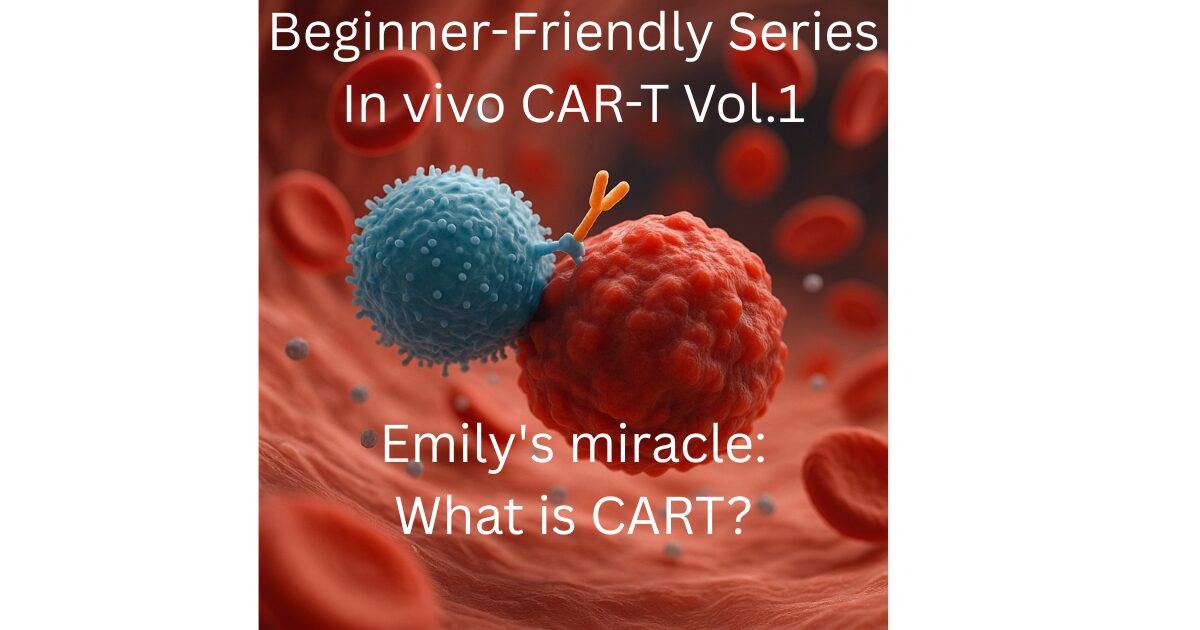
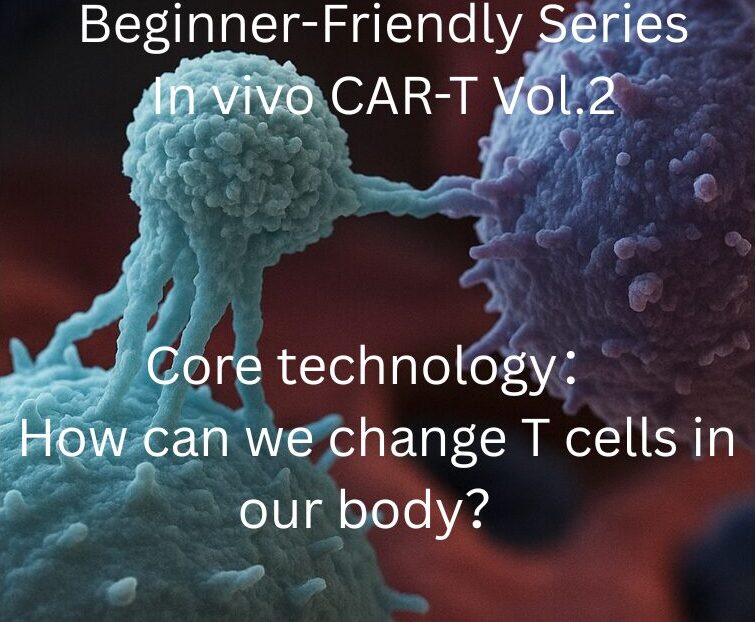
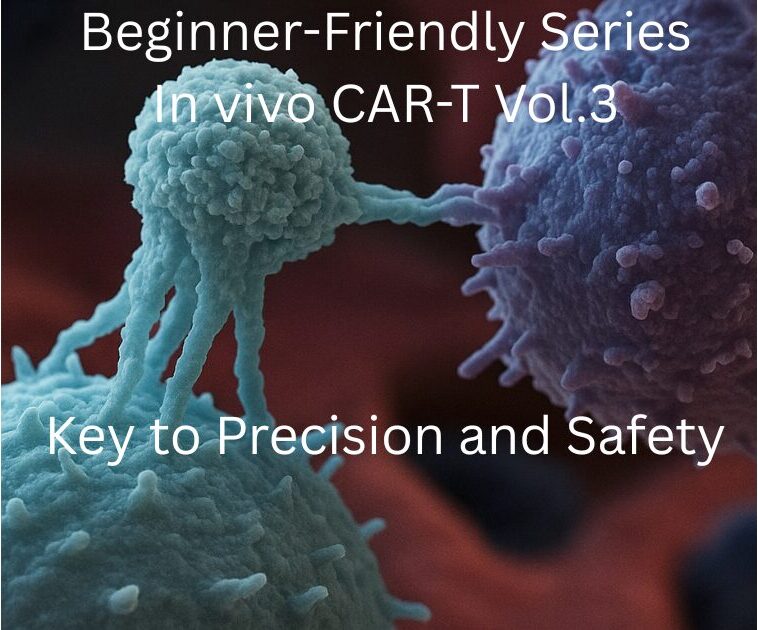
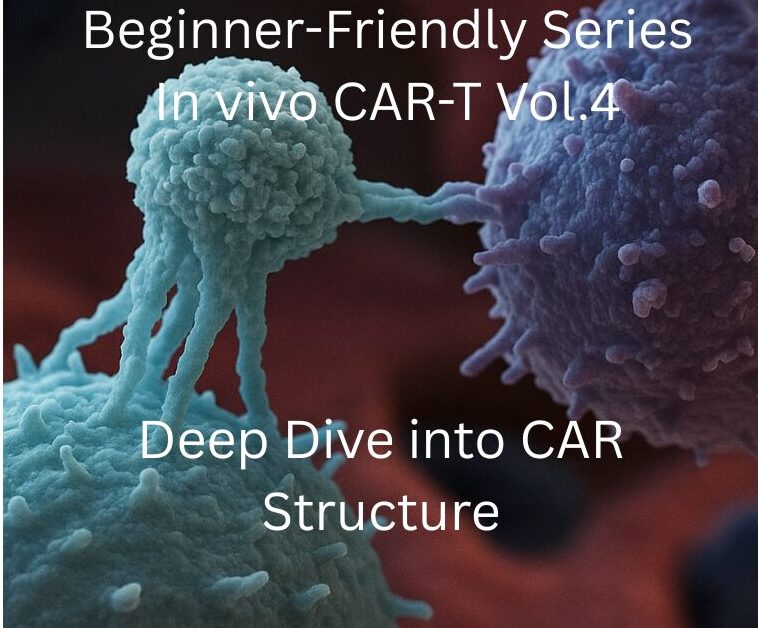
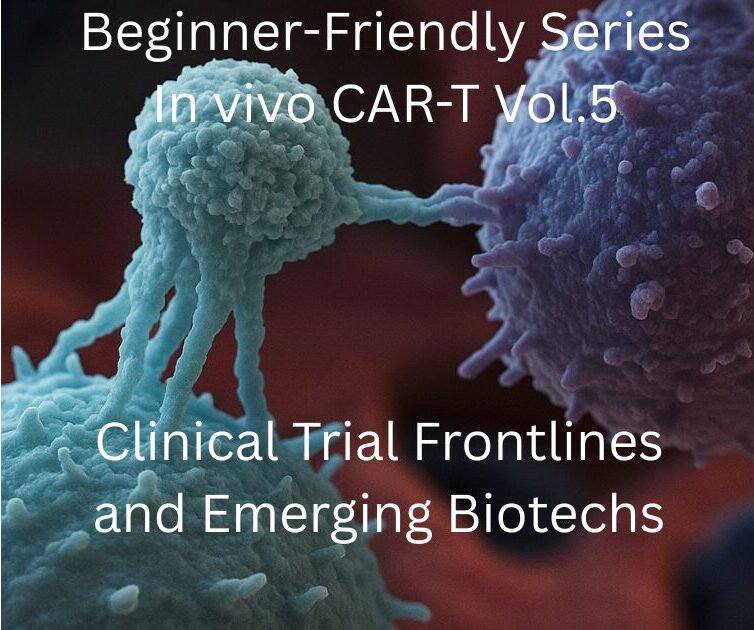
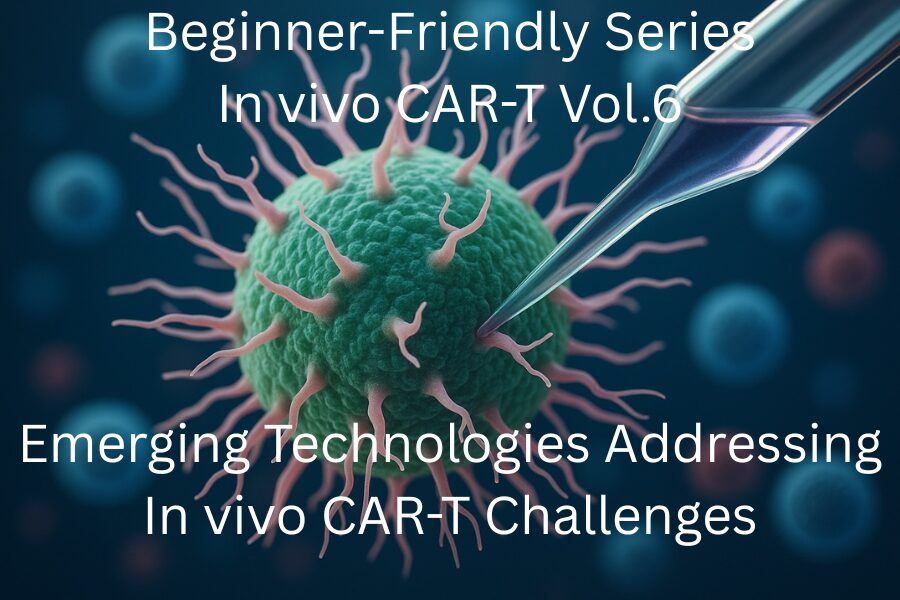
This article was produced by the Morningglorysciences editorial team.
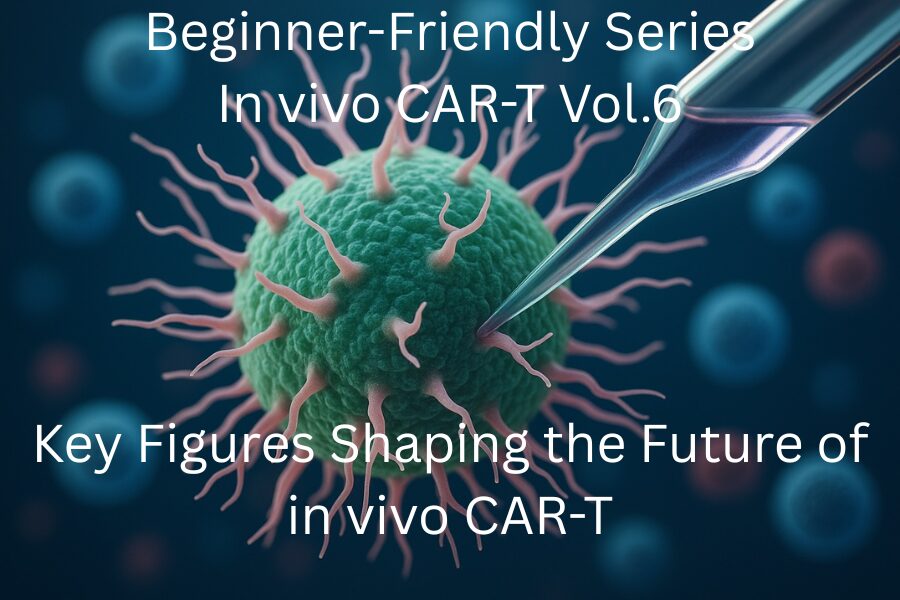








Comments